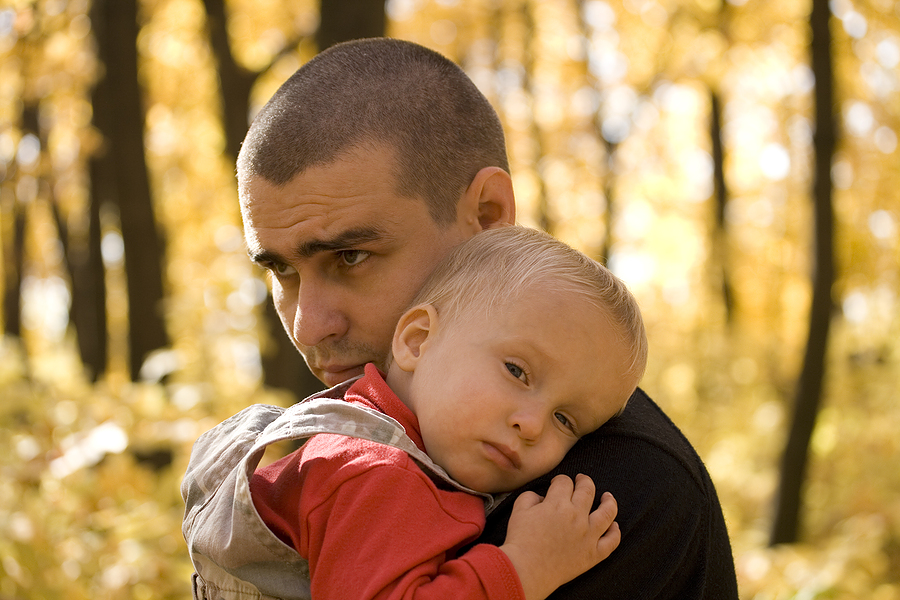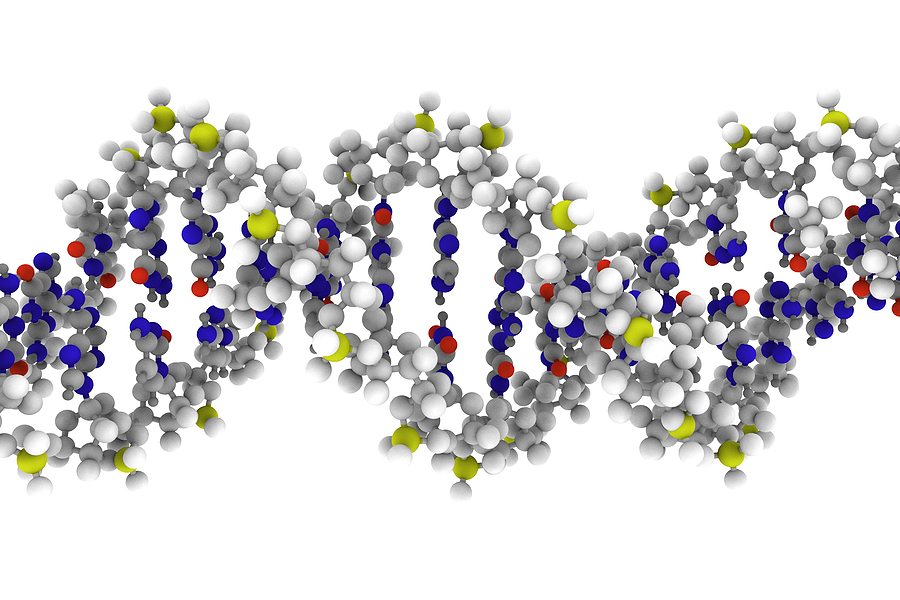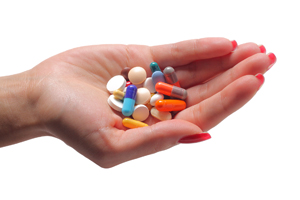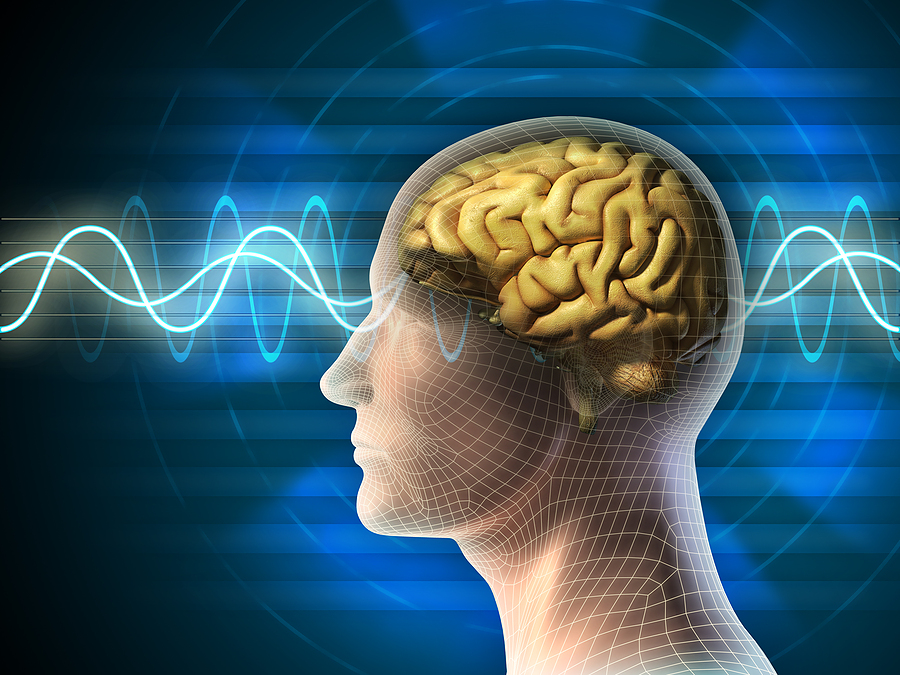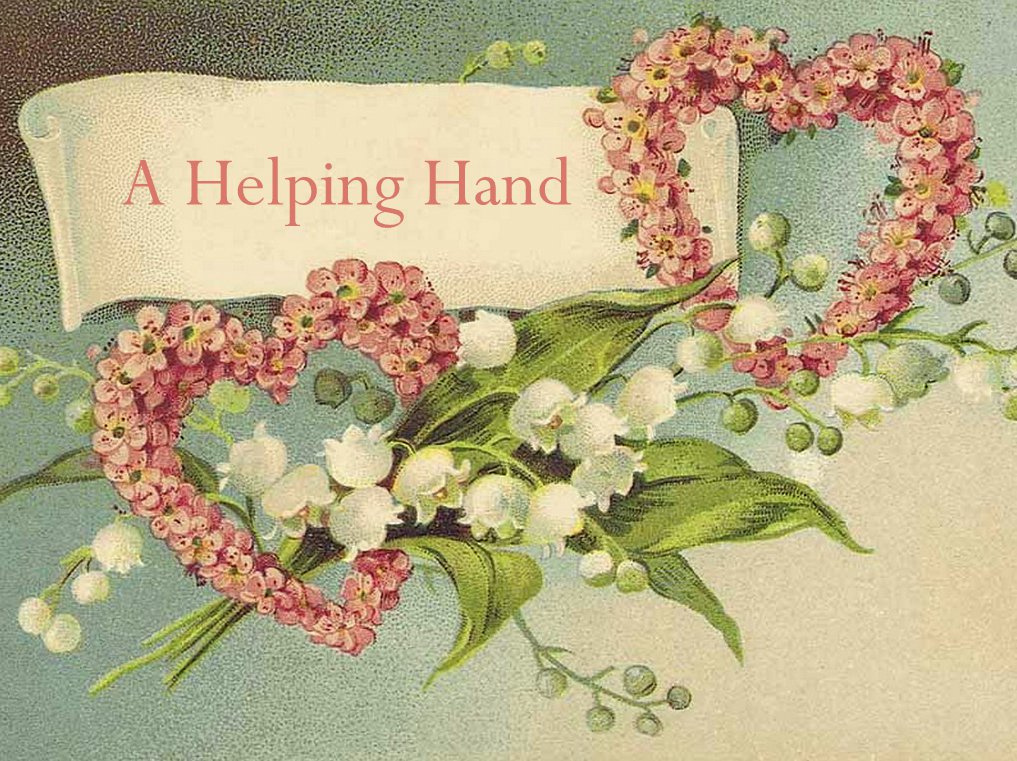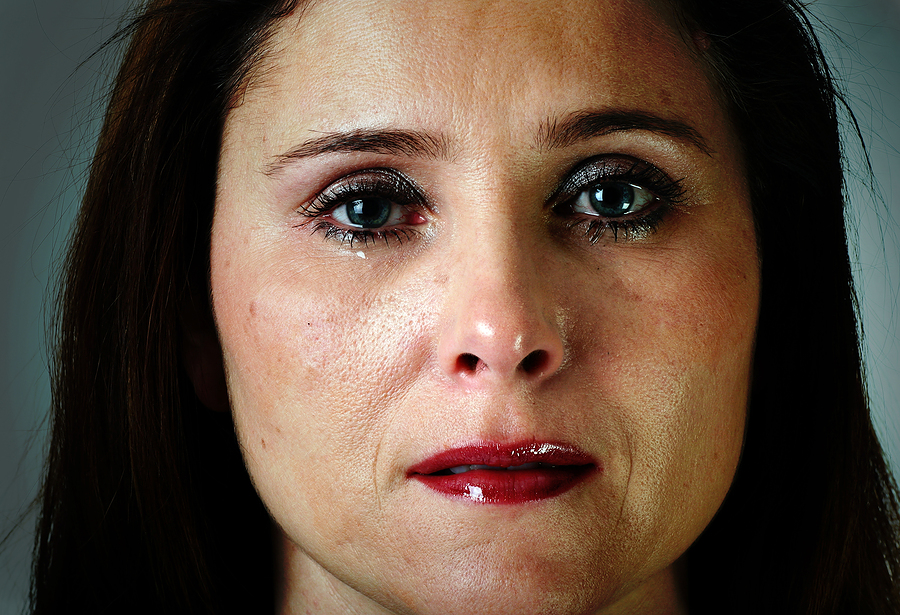
Depression
Everyone feels low from time to time, but depression is different, depression is an illness that affects day-to-day life. Depression is a common mental illness with mixed anxiety and depression being the most widely diagnosed mental health disorder in UK.

One in five older people will suffer depression and it is said that one in three UK women will take antidepressants in their lifetime.
Despite it being widely recognised as a serious condition, and it occurring so often in our society, there are still many myths and misunderstandings surrounding the disorder. Depression is not something a person can just snap out of and it is not a choice or emotional weakness, it is a diagnosable illness.
The good news is depression can be treated and the majority of depression sufferers make a full recovery and live a full and healthy life.
In short
Depression can be diagnosed as mild, moderate or severe. The quicker it is diagnosed and treated the more promising the outlook for swift recovery. Signs and symptoms of depression can include:
- Loss of interest
- Loss of motivation/enthusiasm
- Lack of enjoyment
- Feelings of hopelessness
- Sadness/tearfulness
- Black/bleak outlook - unable to see positivity in future
- Difficulties making decisions
- Consuming guilt
- Low self-esteem
- Tiredness/lethargy
- Sleeping changes
- Appetite changes
- Loss of desire/sex drive
- Physical aches and pains
- Feeling anxious
- Self harming or suicidal thoughts (in more moderate - severe cases)
What to do about depression
If you, or someone you know is suffering any of the above symptoms it is important to get the correct diagnosis and treatment for you. The first port of call will be your GP. It is very important that you understand it is your right to be heard, and, as with any physical illness you are entitled to a second opinion until you are satisfied with your care. Psychological services differ around the country and indeed the support you are offered should be tailored to your individual circumstances, however you should expect the following from your GP:
- A feeling of being heard and understood
- An opportunity to discuss symptoms and feelings
- A discussion about options
- The right to be told your treatment and goals/outlook
You may be offered medication and or talking therapy, your lifestyle may be discussed and lifestyle changes, especially exercise (which has been proven as effective as medication in many mild depression cases) may be recommended, your GP may give you useful information and/or access to local support.
There is much that can be done and our guides below go into specific topics relation to depression, we have news and features that should help educate you on the condition. We also have guides specifically useful for spotting symptoms in others and supporting someone with depression. You may like to print out or send a link to these features to educate friends and family on how to help you at this time. Further guides can be found below.
To find a specialist in your area please see our counselling directory.
Related Guides




















